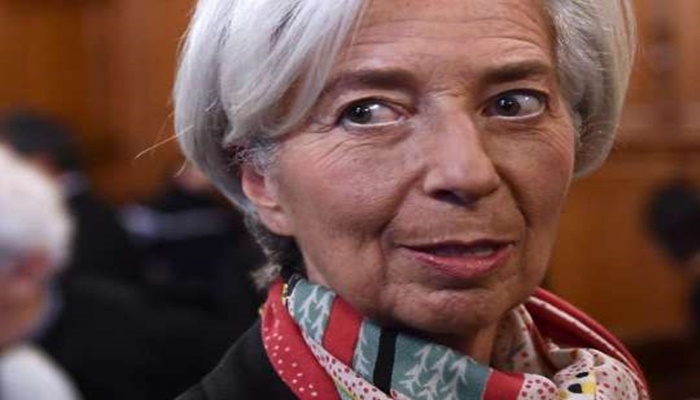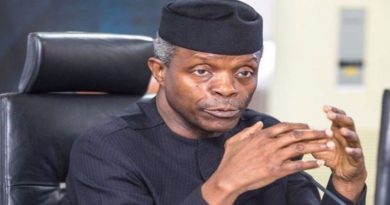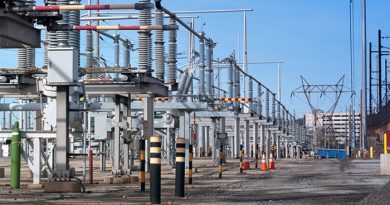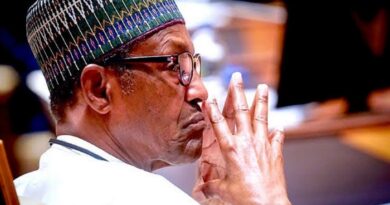IMF says Nigeria’s debt to top 24% of GDP by 2018
The International Monetary Fund (IMF) said on Wednesday that Nigeria’s indebtedness would climb to 24.1 per cent of its Gross Domestic Product (GDP) by 2018.
Nigeria ended 2016 with a debt to GDP ratio of 18.6 per cent while at the end of 2015, Nigeria’s debt to GDP ratio stood at 12.1 per cent, the IMF said.
The body made this disclosure in its World Economic and Financial Surveys, presented Wednesday.
According to IMF, by the end of 2017, Nigeria’s current indebtedness would have reached 23.3 per cent of the GDP.
By IMF’s projection, Nigeria’s debt to GDP ratio would have surged by 100 per cent, from 12.1 per cent in 2015 to 24.1 per cent in 2018.
There have been growing concerns over Nigeria’s rising debt profile, with analysts raising alarm over the government’s decision to incur more debts.
Earlier, the World Bank had expressed concern over the debt payment to revenue ratio, saying that reduced revenue earnings might render the country’s debt unsustainable.
Yue Man Lee, senior economist at the World Bank office in Nigeria, said Nigeria has to increase its revenue base or work towards balancing the debt profile, hence the debt would be unsustainable.
The slump in the price of oil, Nigeria’s main revenue source, has heightened the government’s borrowing plans.
According to records of the 2017 fiscal year, the sum of N2.35 trillion is expected to be borrowed in the year.
Nigeria’s debt profile is dominated by local debts, which are characterised by high interest rates.
.




